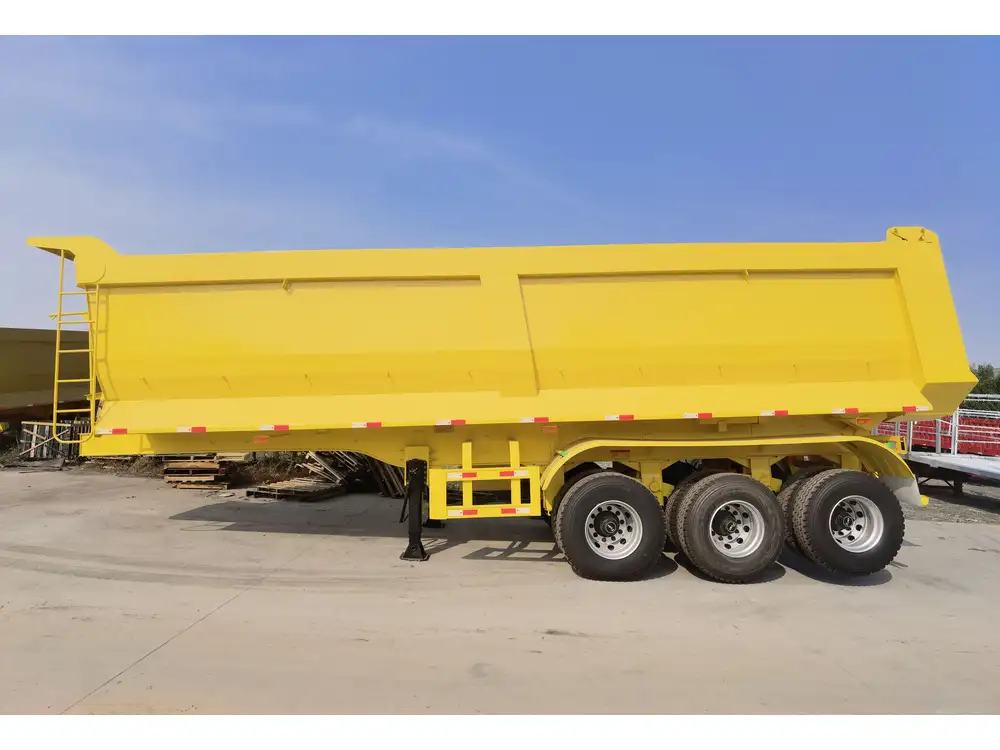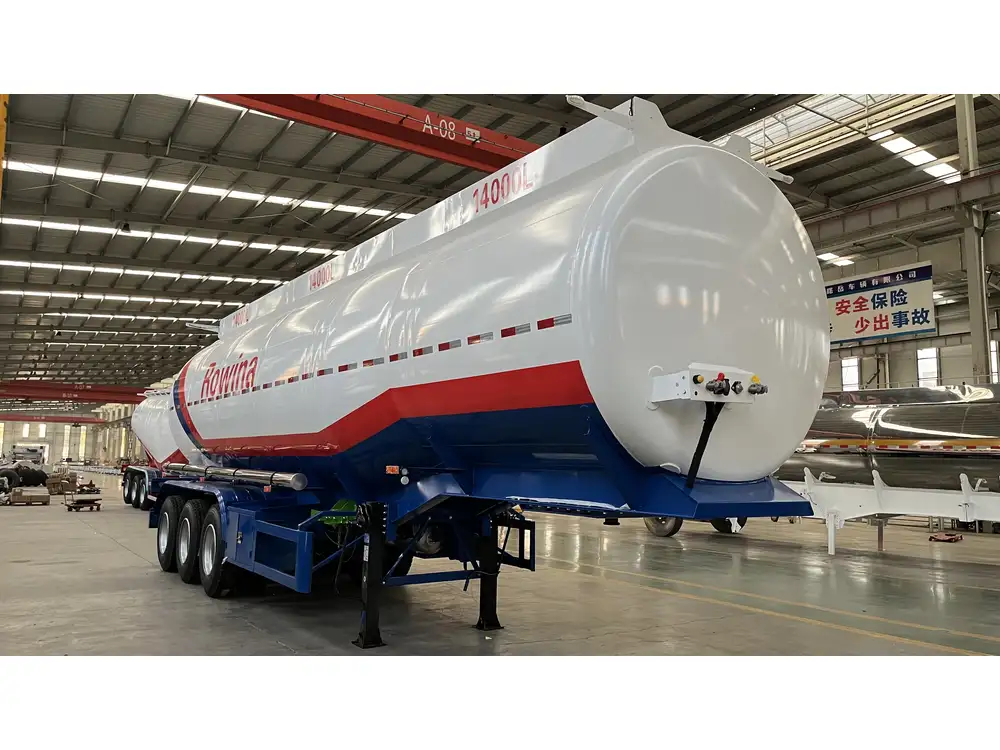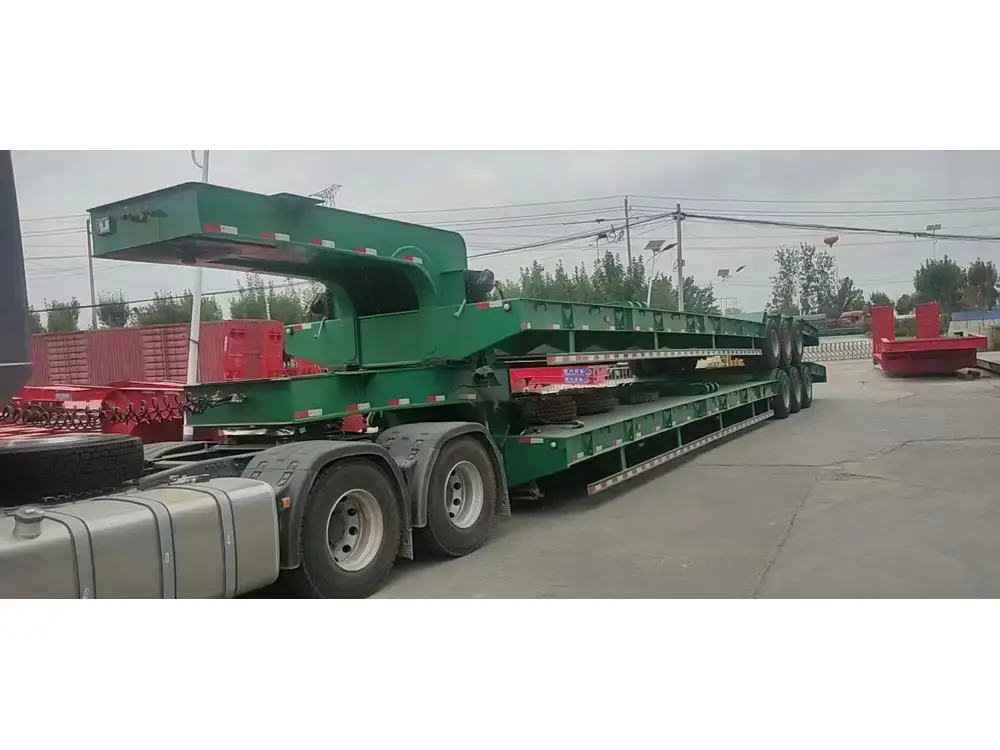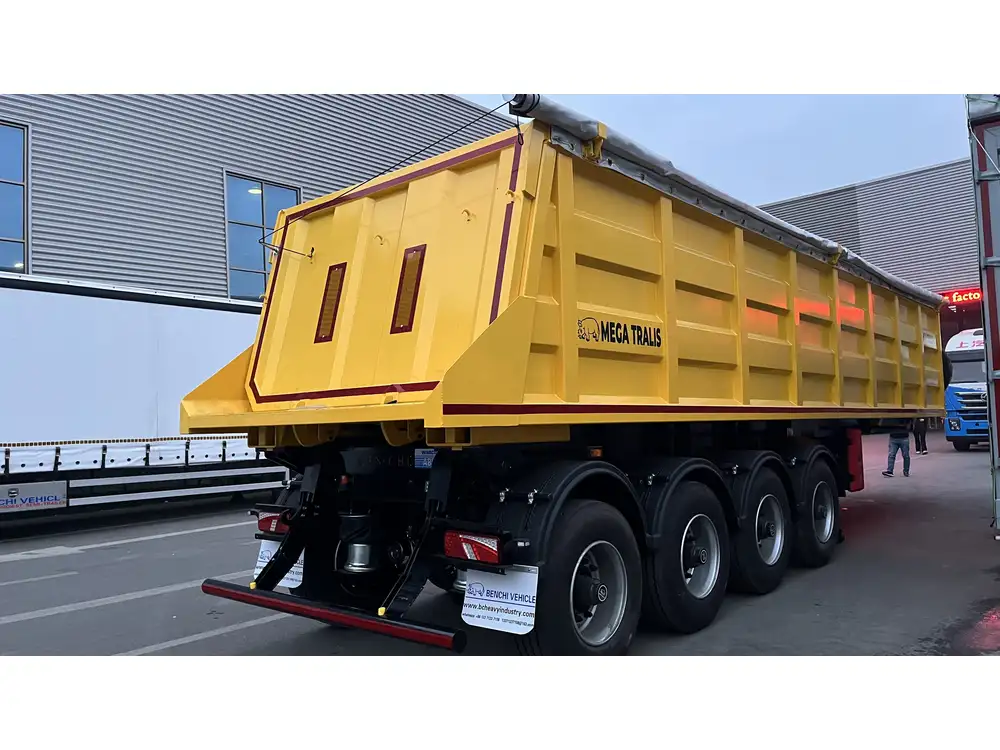Understanding what it means for a travel trailer to be self-contained is crucial for outdoor enthusiasts, road trippers, and anyone looking to embrace the RV lifestyle. When we delve into the concept of self-containment, we discover a myriad of components, features, and benefits that significantly enhance the functionality and convenience of a travel trailer. Below, we will dissect the topic of self-contained travel trailers, addressing key elements, the benefits of self-containment, comparison with non-self-contained models, and frequently asked questions.
Defining Self-Contained Travel Trailers
A self-contained travel trailer is designed with all essential amenities and features that allow users to live comfortably without relying on external connections. These units typically include built-in kitchen facilities, bathrooms, and systems for heating, cooling, and electricity. Here’s what characterizes a self-contained travel trailer:
Essential Features of Self-Contained Travel Trailers
| Feature | Description | Benefits |
|---|---|---|
| Water Tanks | Freshwater and wastewater tanks for storage and disposal | Freedom from constant water supply |
| Bathroom | Complete bathroom facilities (toilet, shower, sink) | Comfort and hygiene on the move |
| Kitchen | Cooking appliances (stove, microwave, refrigerator) | Easy meal preparation wherever you are |
| Heating/Cooling | Insulation, heating, and air conditioning systems | Year-round usability and comfort |
| Electrical System | Battery power and solar options | Independence from electrical hookups |
| Propane System | For cooking, heating, and powering appliances | Fuel efficiency and multi-functionality |

The Components of Self-Containment
1. Freshwater System
A pivotal element of self-containment is the freshwater system, which includes a freshwater tank, pump, and various fittings for showers, sinks, and kitchen faucets. The capacity can vary, but most self-contained trailers include tanks capable of holding between 30 to 100 gallons, suitable for various trips.
2. Waste Water Management
The balance of fresh and waste is maintained through an effective drain system. Most self-contained models come with a gray water tank for sinks and showers and a black water tank for toilet waste. This dual-tank setup facilitates remote camping without dependency on public facilities.

3. Bathroom Facilities
Self-contained travel trailers come with a fully equipped bathroom featuring a toilet, shower, and sometimes a sink. Depending on the model, bathrooms may range from compact wet baths to spacious layouts with separate shower stalls.
4. Kitchen Amenities
Equipped with essential cooking appliances, including a sink, stove, refrigerator, and countertop space, self-contained kitchens cater to a variety of culinary needs and allow for versatile meal preparations while on the road.
5. Power Supply
These trailers often have a battery-based electrical system, supplemented by solar panels in some cases, allowing users to power appliances and devices without the need for an electrical hookup. Propane tanks may also provide energy for cooking and heating.

Benefits of Choosing a Self-Contained Travel Trailer
Opting for a self-contained travel trailer comes with several distinct advantages that enhance the overall travel experience:
Freedom and Flexibility
Having essential amenities onboard allows adventurers to travel to less accessible areas, including remote campgrounds, national parks, and quiet beaches without the need for facilities. This independence promotes exploration without the constraints of traditional camping setups.
Convenience
Self-contained trailers allow for comfortable living on-the-go, enabling easy access to food preparation, personal hygiene, and sleeping arrangements. This means travelers can focus on enjoying nature rather than worrying about finding amenities.

Cost-Effectiveness
While self-contained models might have a higher initial cost compared to basic trailers, the long-term savings associated with self-sustainability often outweigh the upfront expenses, eliminating the need for frequent hotel stays or restaurant meals.
Enhanced Comfort
Traveling in a self-contained unit provides a home-like comfort, complete with personal space and amenities like climate control, thus ensuring a more enjoyable journey regardless of external circumstances.
Comparing Self-Contained vs. Non-Self-Contained Travel Trailers
When considering which travel trailer suits specific needs, it’s beneficial to understand the differences between self-contained and non-self-contained models. Below is a structured comparison highlighting key distinctions:
| Feature | Self-Contained Travel Trailers | Non-Self-Contained Travel Trailers |
|---|---|---|
| Amenities | Full kitchen, bathroom, and utility systems | Minimal, often relies on external sources |
| Water Management | Integrated freshwater and waste tanks | No tanks; usually needs access to facilities |
| Power Supply | Battery, propane, or solar options available | Requires external hookups for electricity |
| Comfort Level | Greater comfort due to on-board amenities | Basic accommodations, often less comfort |
| Travel Range | Capability to travel to remote locations | Limited to campgrounds with facilities |

Choosing the Right Trailer for Your Needs
The decision between a self-contained and non-self-contained travel trailer hinges on personal travel habits, destination preferences, and desired comfort levels. For those who prioritize the convenience and independence of traveling off the beaten path, a self-contained model is often the ideal choice.
Frequently Asked Questions About Self-Contained Travel Trailers
1. How long can I stay in a self-contained travel trailer?
The duration of stay in a self-contained travel trailer depends on several factors, including the sizes of the freshwater and waste tanks, battery life, and individual needs for food and supplies. With adequate preparation, travelers can enjoy extended durations in their trailers.

2. Are self-contained travel trailers suitable for full-time living?
Yes, many individuals and families successfully live in self-contained travel trailers full-time, thanks to the convenience of having all necessary amenities onboard. It’s essential to choose a model designed for extended living with the capacity for freshwater, deep cycle batteries, and adequate storage.
3. How heavy are self-contained travel trailers?
Weights can vary significantly based on size and features. Typically, self-contained travel trailers range from 2,000 to over 8,000 pounds. It’s important to consider towing capacities and vehicle specifications when selecting a model.
4. What maintenance do self-contained travel trailers require?
Routine maintenance involves checking water systems, inspecting seals and caulking, maintaining propane tanks, and ensuring electrical systems are functional. Regular inspections and seasonal preparations for winterization or summer use can enhance longevity.

5. Can I add features to a self-contained trailer?
Customizing a travel trailer is quite common. Upgrades like additional solar panels, enhanced power systems, or upgraded kitchen amenities can be added. However, a consultation with an RV specialist can ensure modifications are done correctly.
Conclusion
Understanding what it means for a travel trailer to be self-contained can significantly enhance your outdoor experience. By examining the essential features, advantages, and comparisons of self-contained vs. non-self-contained models, potential buyers can make informed decisions that suit their lifestyle and travel aspirations. Whether you seek the freedom of off-grid camping or the comfort of home on the road, self-contained travel trailers offer an array of solutions tailored for every adventure.
Ready to take the plunge into the world of self-contained travel? Explore our extensive range of models designed to fit all your travel needs and enjoy the great outdoors with comfort and convenience at your fingertips. Embrace the journey of discovery, adventure, and memories waiting to be made. Choose self-contained travel trailers—your gateway to a carefree exploration of life’s beautiful landscapes.



